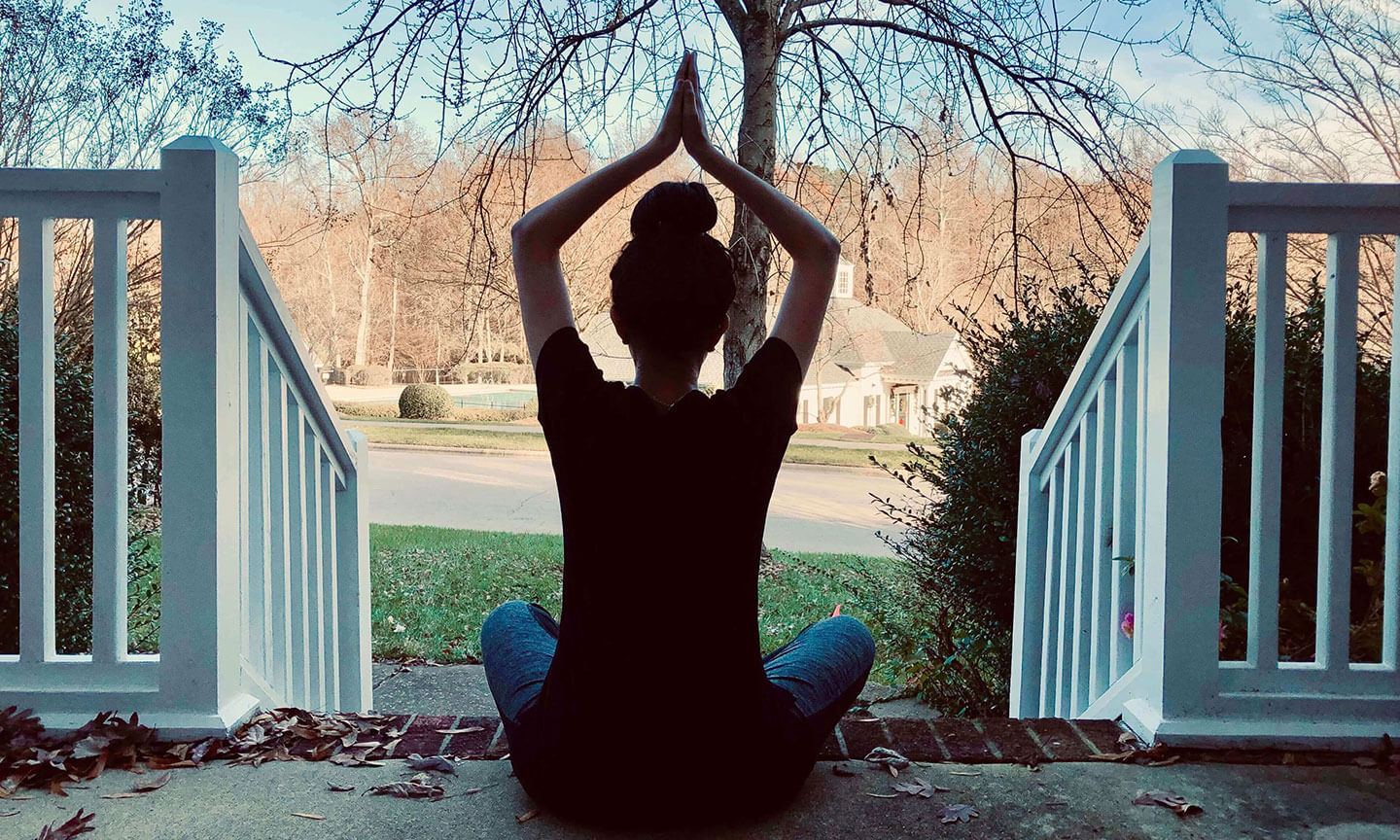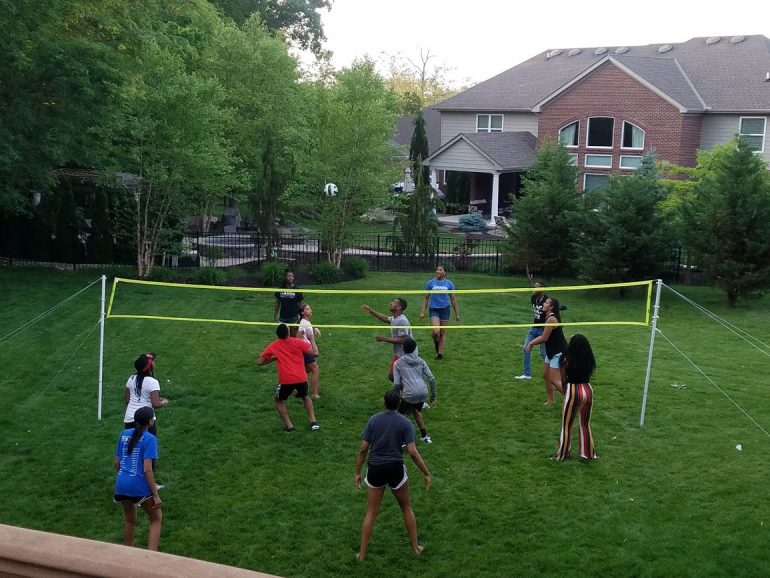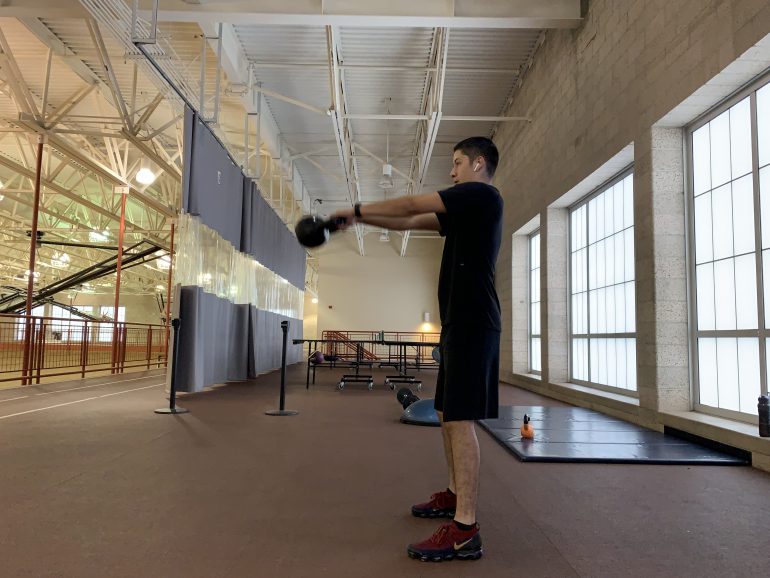
College Students Can Try Yoga to Relieve Stress and Anxiety
Stress and anxiety are something everyone has to deal with at some point, whether it be social matters, academics, change, or just everyday life. Stress tends to run especially high with students balancing class, work, clubs, friends, family, and more. Finding a way to cope and minimize stress is imperative for a healthy life. I have found the best way for me to cope is through the practice of yoga.
Why Start Yoga?
Yoga is a practice of both the physical and mental minds and is a great way to integrate a healthful approach to your day-to-day routines. Yoga not only has great health benefits, but can also help reduce stress and anxiety. The practice of yoga can even help reduce the risk of chronic health conditions such as high blood pressure and heart disease. It also helps with increasing one’s flexibility, strength, and breathing capacity. Even though yoga is considered very safe, if you have any ongoing health conditions (such as arthritis, balancing issues, etc.), make sure to consult a doctor before beginning.
Here are some things to keep in mind when getting started!
On-line vs. In-Person
There are many different types of yoga courses and classes that you can attend either online or in person and both have their benefits. For example, online practices can be low cost or free, plus they can be available on-demand for whatever fits into your schedule. In-person classes offer more personalized interaction with the teacher and may lead you through a more structured work out.
Whether you select online, in-person, or a combination of both types of classes, plan out your week and find times that you know will be best for you to take a break and relax with some yoga. As a beginner, try and aim for 30-45 minutes as a full practice. As you get more advanced, 30 minutes can eventually become 90 minutes.
Equipment
Along with creating your own practice schedule, there are certain equipment/materials that people use when practicing, including things like yoga mats, blocks, straps, yoga wheels, etc. If you are a beginner, you can use what you have around your house such as the carpet instead of a mat, pillows to substitute as blocks, and a belt or long strap of some kind to serve as a yoga strap.
When creating your own yoga workout, practice moves and positions that are most comfortable for you. Explore more simple starting poses to help you become more comfortable with the positioning, like child’s pose, bridge pose, plank pose, tree pose, etc. Modify them depending on your comfort, skill level, and/or any health conditions you may have.
Benefits of Yoga
The world of yoga is an amazing one that includes meditation, vibration, and devotion and is something that everyone should try out. Just as with learning any new skill, beginning a yoga practice requires a lot of patience. Start slow and be willing to learn and try new things; it takes time to become comfortable with this way of life. Good luck on all of your yoga journeys and always remember to stay calm and work hard.





